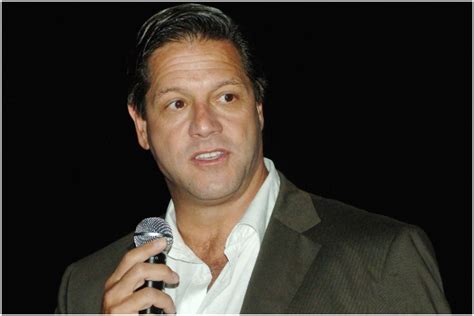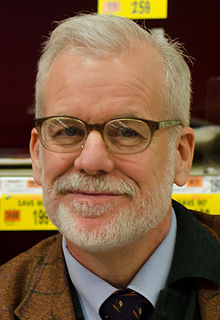A Quote by Elizabeth Bowen
The child lives in the book; but just as much the book lives in the child.
Related Quotes
Children learn what they live.
If a child lives with criticism... he learns to condemn.
If he lives with hostility... he learns to fight.
If he lives with ridicule... he learns to be shy.
If he lives with shame... he learns to be guilty.
If he lives with tolerance... he learns confidence.
If he lives with praise... he learns to appreciate.
If he lives with fairness... he learns about justice
The prime function of the children's book writer is to write a book that is so absorbing, exciting, funny, fast and beautiful that the child will fall in love with it. And that first love affair between the young child and the young book will lead hopefully to other loves for other books and when that happens the battle is probably won. The child will have found a crock of gold. He will also have gained something that will help to carry him most marvelously through the tangles of his later years. Roald Dahl
Some people may contend that there is no image more charming that a child holding a puppy or kitten. But for me that's a distant second. When I see a child clutching a book... to his or her tiny bosom, I'm moved. Children can possess a book in a way they can never possess a video game, a TV show, or a Darth Vader doll. A book comes alive when they read it. They give it life themselves by understanding it.




































